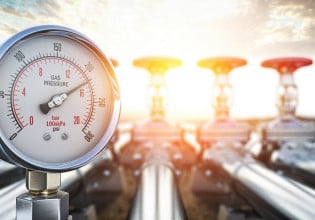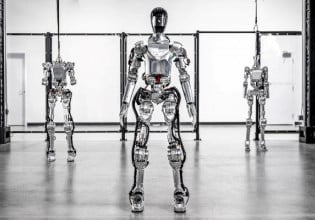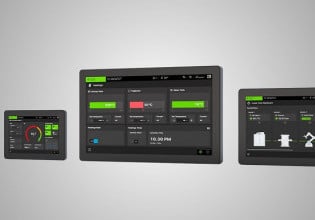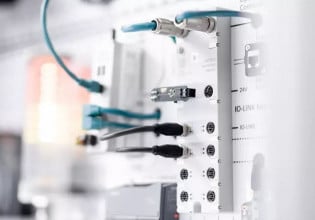G
Hi All,
I m a DCS engineer, newly Introduced to the Gas Turbine based Power Generation Industry. I was trying to figure out the scope of DCS controls on the plant operations.
What ponders me is that, of the many plants that I've visited, all of them have separate PLC controls for systems like Fuel Gas Compressors, Instrument Air Compressors, Water Treatment Plants etc. which are later connected to the DCS control panel through Remote I/Os.
Wouldn't it be easier and economical just to integrate the automation of all these systems directly into the DCS rather than using a PLC - DCS approach?
Please advice.
I m a DCS engineer, newly Introduced to the Gas Turbine based Power Generation Industry. I was trying to figure out the scope of DCS controls on the plant operations.
What ponders me is that, of the many plants that I've visited, all of them have separate PLC controls for systems like Fuel Gas Compressors, Instrument Air Compressors, Water Treatment Plants etc. which are later connected to the DCS control panel through Remote I/Os.
Wouldn't it be easier and economical just to integrate the automation of all these systems directly into the DCS rather than using a PLC - DCS approach?
Please advice.






